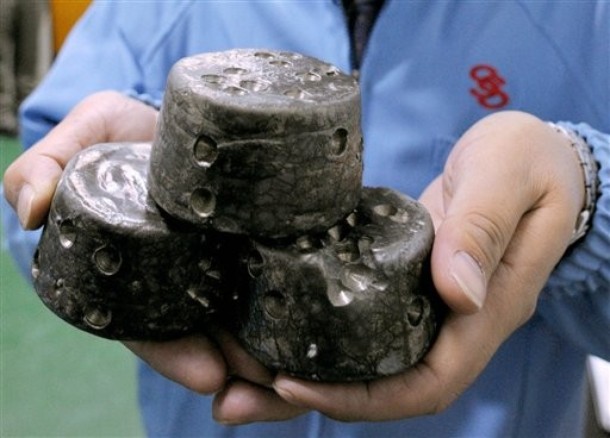China's resource weapon backfired.

There's an interesting experiment playing out now with China and its rare earth mineral monopoly that holds lessons for the U.S. in the Middle East. Three weeks ago, China began withholding shipments of rare earth minerals to Japan in response to Japan's detention of a Chinese fishing crew operating in disputed waters. This mineral embargo strikes a direct blow at many of the electronic industries in Japan that rely on these minerals for products such as batteries in hybrid cars.
Japan finally relented and released the sailors, and later their captain, in what looked like a capitulation in the face of China's "resource weapon." Whether this is the case or not, I think over the long term China's actions have actually undercut this gambit. It will almost certainly spur other nations with their own rare earths resources (which, according to the Times, aren't actually that rare) to begin, or in the case of the U.S., resume, mining operations to break China's near monopoly.
The lesson here for the Middle East is obvious. For years there's been a fear of an "oil weapon" or worries that a hegemonic power (first Iraq, now Iran) could "take over the world's oil supply" and wield it to our detriment. But there's a reason that the Arab world has only used the so-called "oil weapon" once - it doesn't work. No matter how painful the initial blow, the effect is short-term. Over the long term, the consuming states devise alternatives. But in the case of producing states, there is no alternative. Unlike China, most of the oil-producing states in the Gulf don't have a diversified industrial base. If they can't export oil, they can't eat.
(AP Photo)



